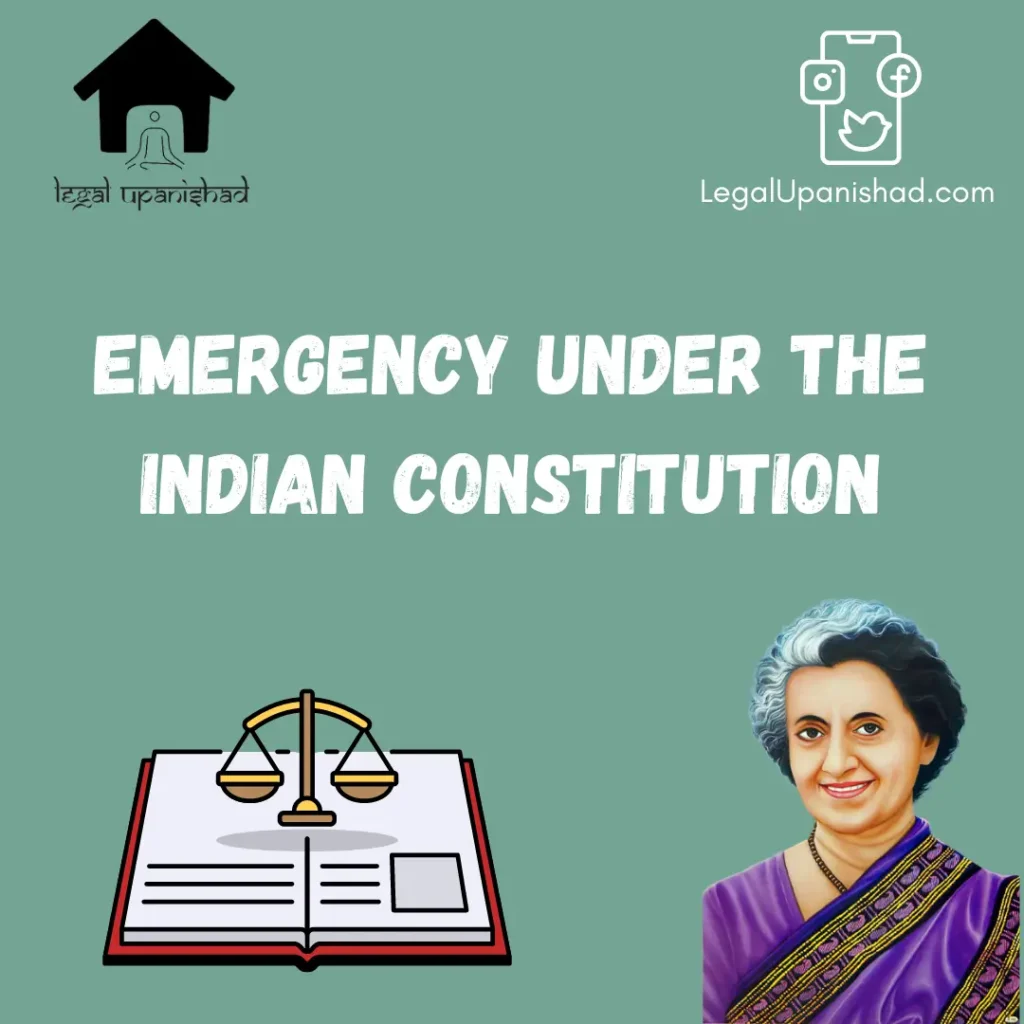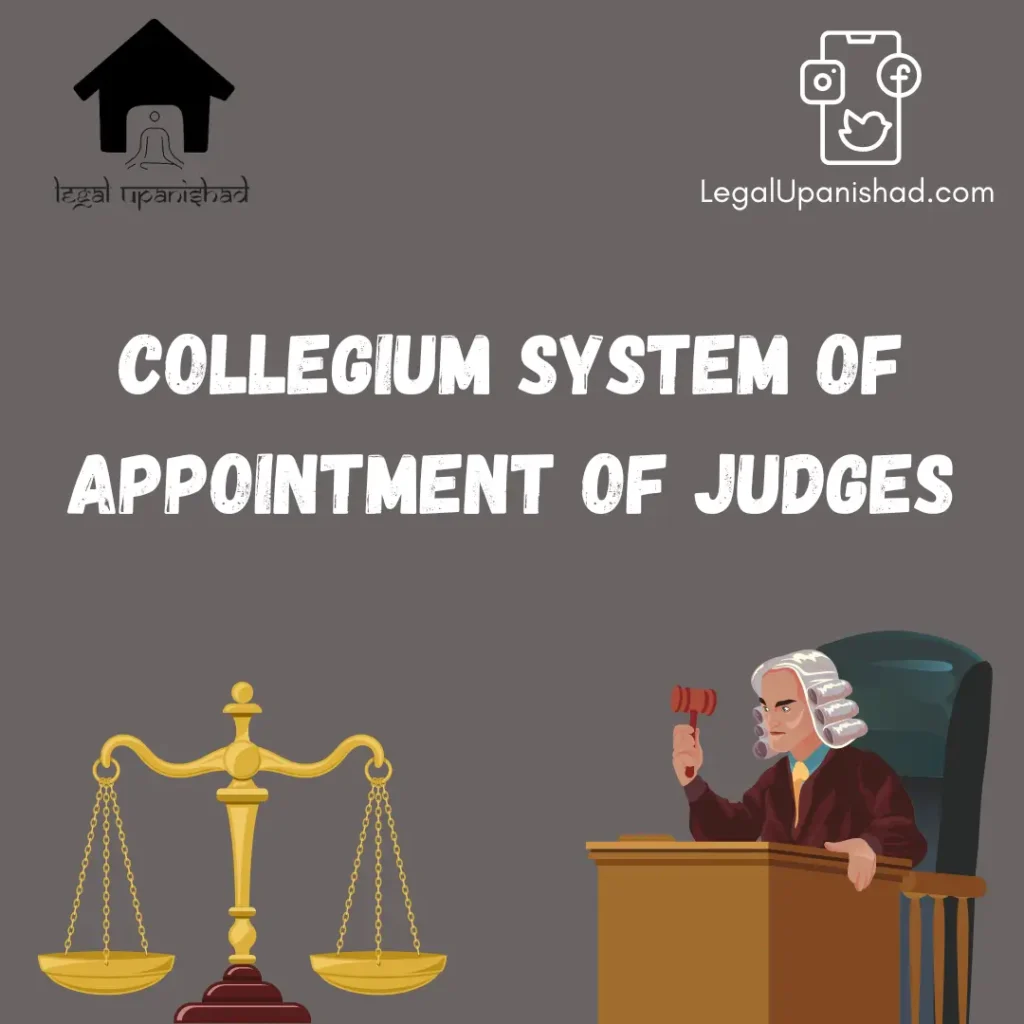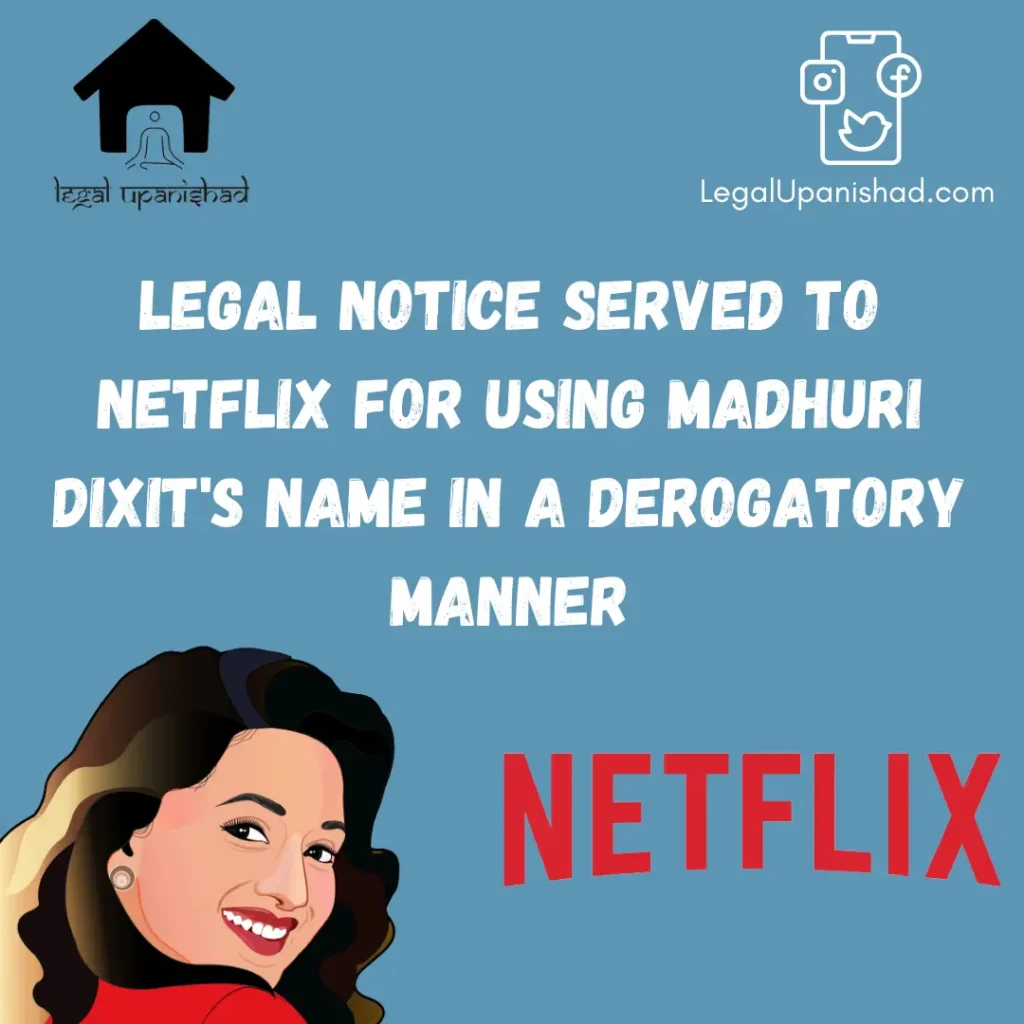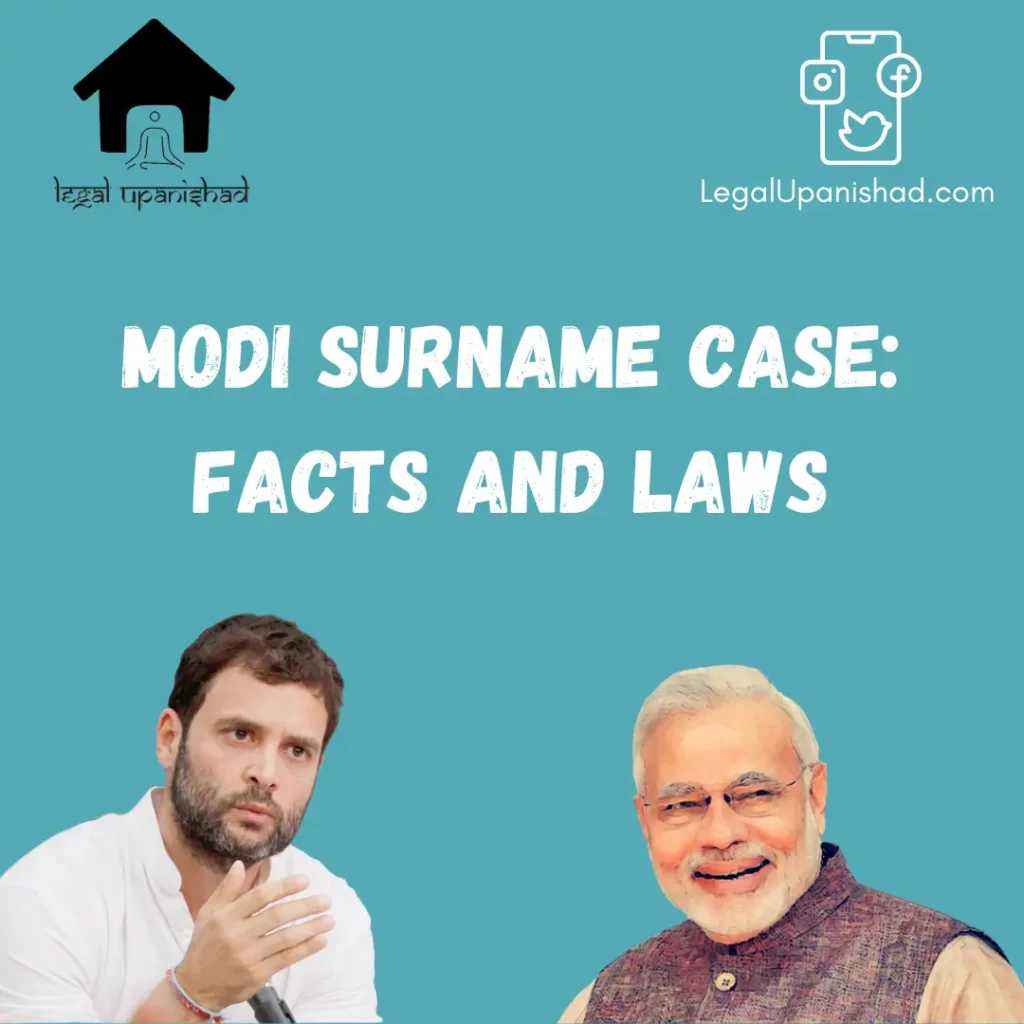Doctrine of Sovereign Immunity: All you need to Know
The doctrine of sovereign immunity has been an integral part of the Indian legal system for a long time. The principle of sovereign immunity prohibits the state from being sued without its consent, but it does not mean the state can evade its responsibilities. The Indian judiciary has played a significant role in balancing the state’s immunity and its obligations towards its citizens. Thus, completely immuning the sovereign or the head of the state from being sued will ultimately make it less accountable and thus as a result the citizens will be exploited. Therefore, a government or a sovereign should be responsible for its action and work.
Doctrine of Sovereign Immunity: All you need to Know Read More »










